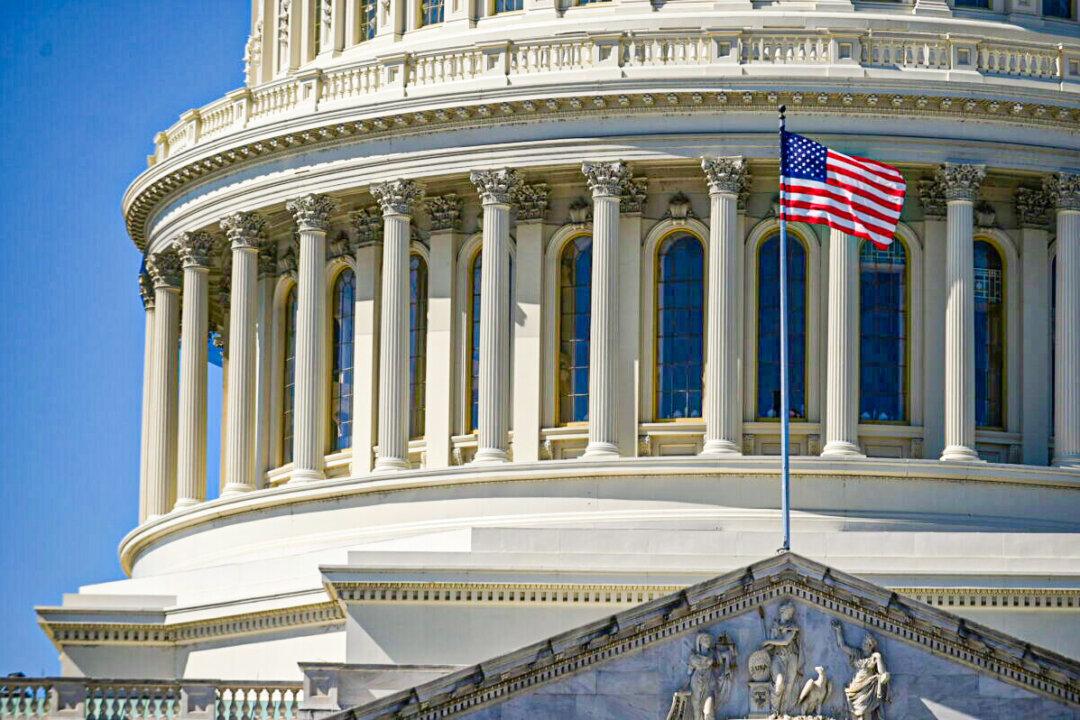News Analysis
What do recent news reports suggest about the political future of progressive Democrats this year, given that President Joe Biden’s polling numbers continue to slide downward?

What do recent news reports suggest about the political future of progressive Democrats this year, given that President Joe Biden’s polling numbers continue to slide downward?